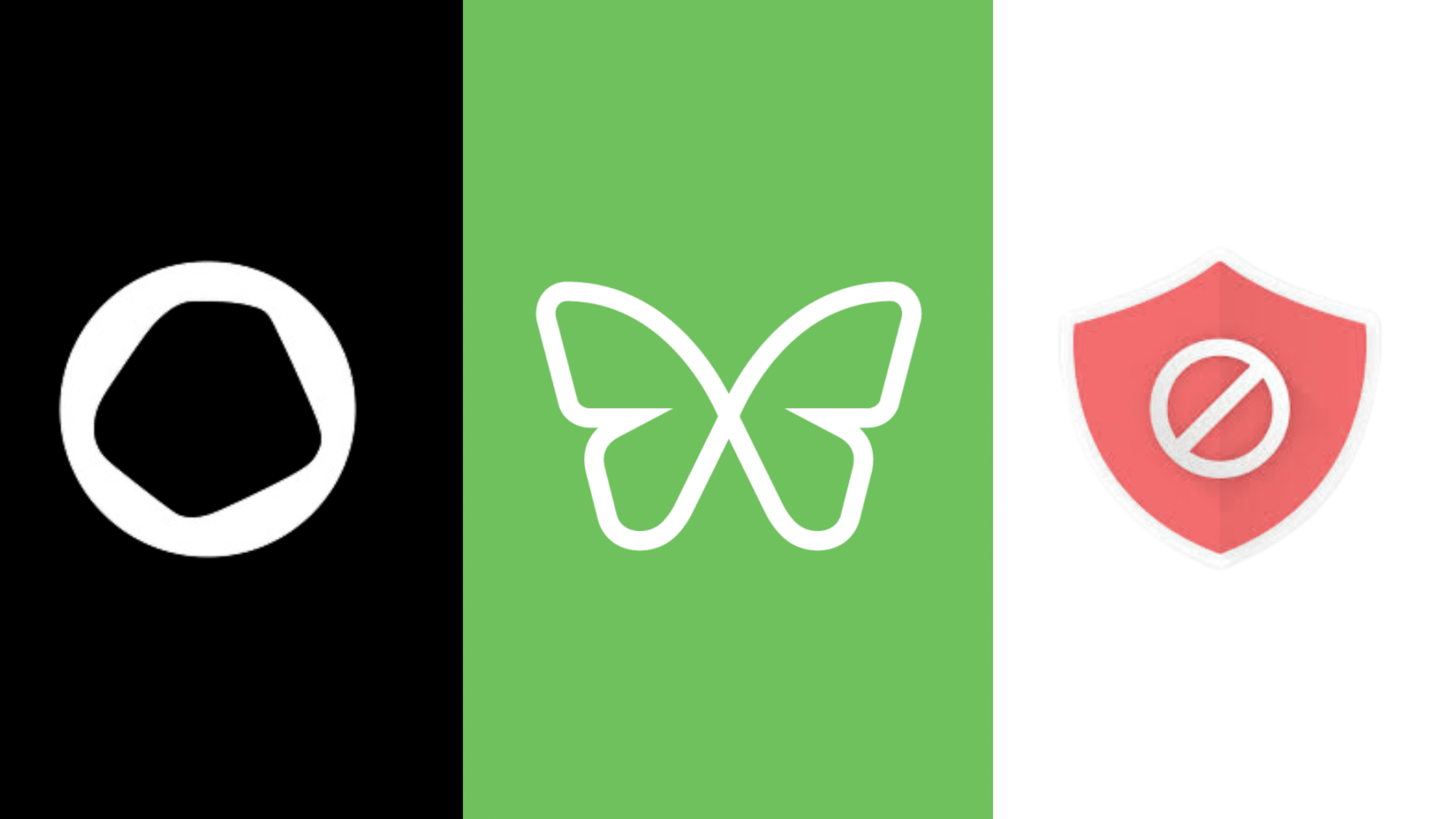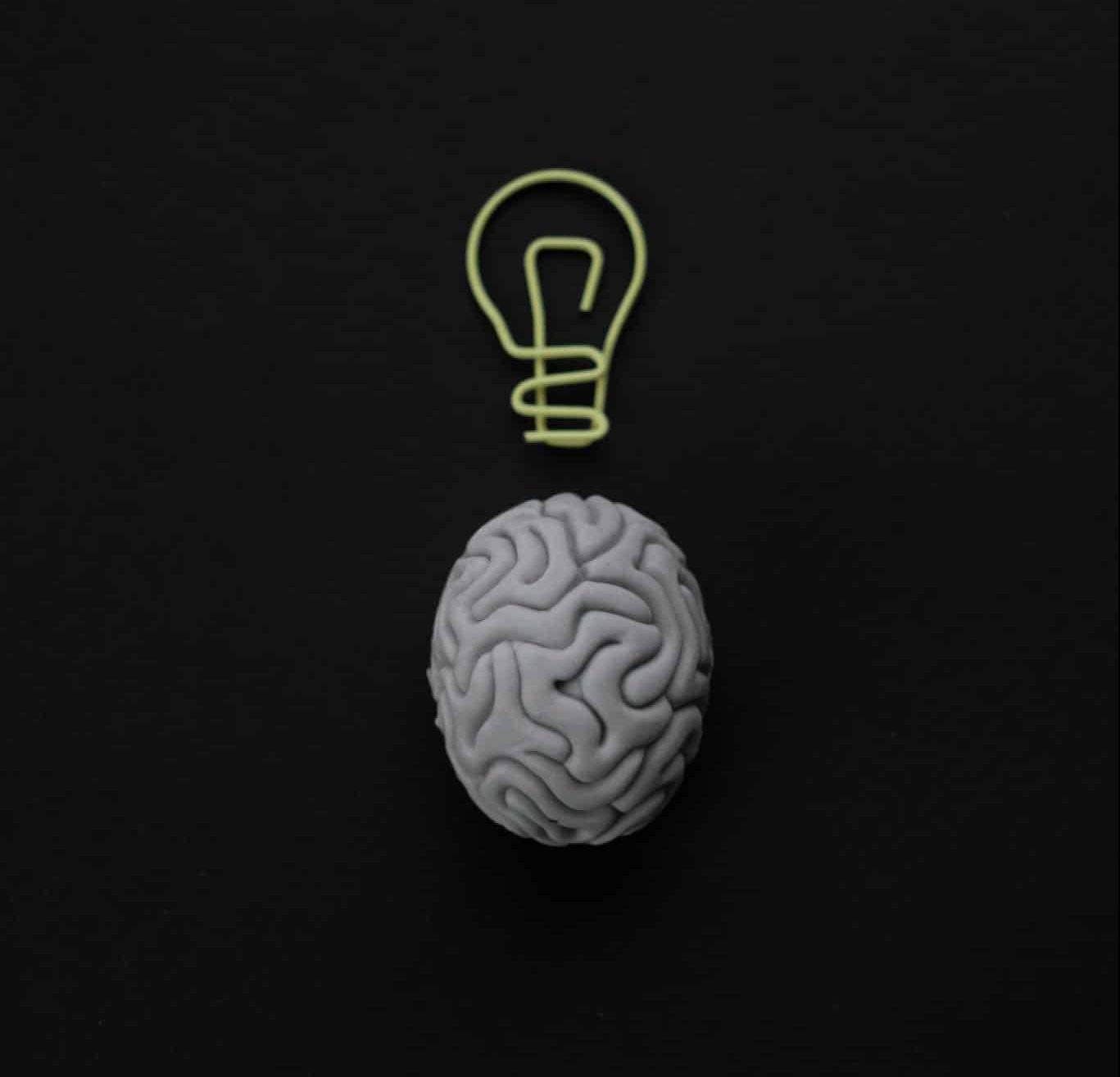Blue Light: The Truth is Out There

Conflicting information has kept us in the dark about its effects
You might already be aware of blue light and its reported effects. Perhaps your kid has come home from school with blue light glasses, or you’ve noticed that weird orangey tone on the screen when your device switches into night mode. The reason for this is that some consider blue light to be harmful to our vision. Additionally, it can have a detrimental effect on our circadian rhythms, interfering with our sleep. But what is the truth when it comes to blue light? Experts themselves can’t seem to agree, but by taking a balanced look at the latest studies, we can shine a light on this mystery!
What is blue light?
Blue light is not as scary sci-fi as it sounds! Falling within the spectrum of visible light – the range of wavelengths of electromagnetic radiation detectable to the human eye– blue light is naturally occurring. The wavelengths of visible light are tiny, ranging from 400 to 700 billionths of a meter. A billionth of a meter is called a nanometer, or nm. Wavelengths of light range from about 400 nm at the violet end of the spectrum to 700 nm at the red end. Other types of light on the electromagnetic spectrum that we can’t see include ultraviolet radiation, X-rays, gamma rays, and cosmic rays, which have shorter wavelengths. At the longer end of the spectrum, we have infrared radiation, microwaves, and radio waves.
About one-third of all visible light is considered to be high-energy visible blue light, with sunlight being its most significant source. Artificial sources of blue light include fluorescent light, LEDs, flat-screen televisions, computer monitors, smartphones, and tablet screens. When you hear negative talk about blue light, it’s almost always this artificial type that is being talked about.

Why is it a problem?
Exposure to natural blue light from the sun is vital for maintaining good health, as it increases our attention, memory, and energy levels. You will also be well aware of the mood-boosting effects of the sun! Professionals recommend getting around 20 to 30 minutes a day of bright sunlight exposure to maintain optimal health. We’ve been warned for decades to enjoy the sun responsibly, due to the harmful effects of UV rays. Blue light waves are almost as powerful, but experts are still uncertain about their effects on our eyes.
Can blue light damage my eyes?
It’s this uncertainty that creates such a conundrum when it comes to blue light. Some animal studies have found evidence that it causes damage to the cells in the retina. But the American Optometric Society maintains that blue light does not cause damage to the eyes. However, in 2019 the French Agency for Food, Environmental, and Occupational Health and Safety, doubled down on their previous findings: that blue light has both short and long-term phototoxic effects.
What about sleep?
When it comes to blue light’s effect on our sleep, the consensus is clear. Experts agree that excessive exposure to artificial blue light can have a detrimental effect on our circadian rhythms. Excessive exposure can interfere with the production of melatonin, the “sleep hormone”.
And it only makes sense, since natural blue light from the sun is a signal to our brains that we should be up and about. It’s not natural that our minds and bodies be so active past sundown, but with our technology being light years ahead of human evolution, that’s the place where we have ended up!
Natural blue light from the sun is a signal to our brains that we should be up and about. It’s not natural that our minds and bodies be so active past sundown.
Whether you’re working late into the wee hours on your laptop, binge-watching Netflix, or plain old doomscrolling in bed, by staring at blue light-emitting screens you are sending the signal to your brain that it needs to be awake and alert!
Staying up late into the night staring at a screen means your sleep will be disturbed and you’ll feel low on energy and be grumpy the following day. But if you do it consistently, it can seriously affect your health and wellbeing. Disruption to our circadian rhythms is known to cause depression – especially in young people – who are often gaming and swiping into the night.

Should I block blue light?
The best option is to avoid any type of screen time at all after dark. For most of us, that is very difficult, especially if you live somewhere where daylight is limited in certain seasons, or if you work night shifts.
For those times when you need to be on-screen after the sun goes down, you can use software like f.lux, to limit the amount of blue light being emitted by your devices. Most devices these days come with built-in night modes, which automatically dim the screen at night. Be sure to enable this if your device has it.
If you can, set a cut-off time to get off screens completely. An hour before going to bed is a good rule of thumb. We recommend using Freedom’s recurring schedules to block your access after that time. Trust us, it works much better than relying on self-control!
What about blue-light-blocking glasses?
Although the American Academy of Ophthalmology has deemed them unnecessary, some people find that blue light glasses make them more aware of their screen time (and thus more likely to keep it in check), and that their eyes feel more rested at the end of the day.
If you find yourself dealing with eye strain, make sure you are following the recommendations of experts. Sit an arm’s length away from your screen, take frequent breaks, and use lubricating eye drops for dry eyes.
That being said, there is no harm in trying blue light glasses to see if they work for you. Our friends at Barner offer some incredibly stylish options, and Freedom users can get a cool 15% discount! There are also blue-light-blocking screen protectors on the market if you’re not into eyewear.
Learn more about Freedom perks here!

A bird’s eye view
While the jury is still out on whether artificial blue light is dangerous to our vision, it seems that for now, moderate exposure is nothing to worry about. Anything done to excess is bound to have negative effects, and too much late-night screen time is guaranteed to disturb your sleep, leading to negative effects elsewhere in your life.
Keeping your total screen time in check, following expert guidelines while using screens, and limiting the use of devices after dark is the best way to prevent eye damage and ensure that you get quality rest to do the work you love!



